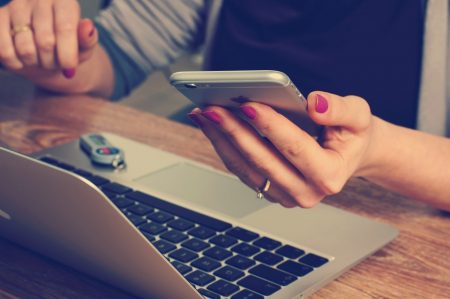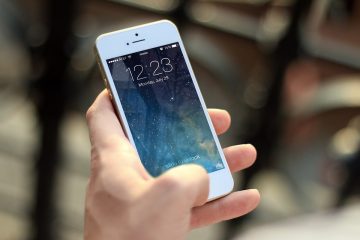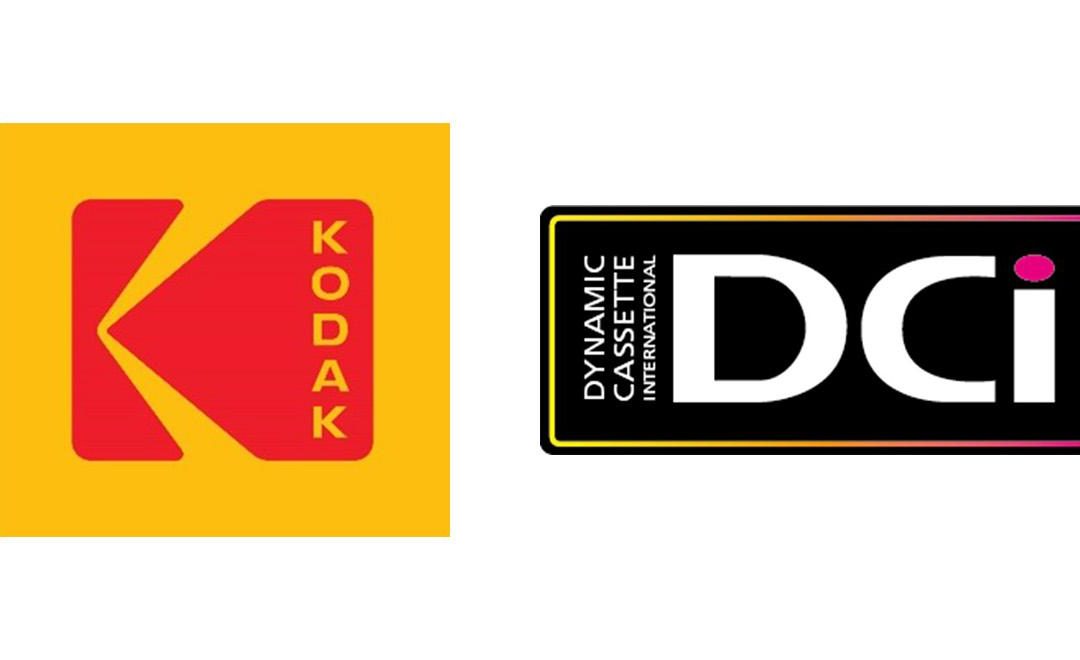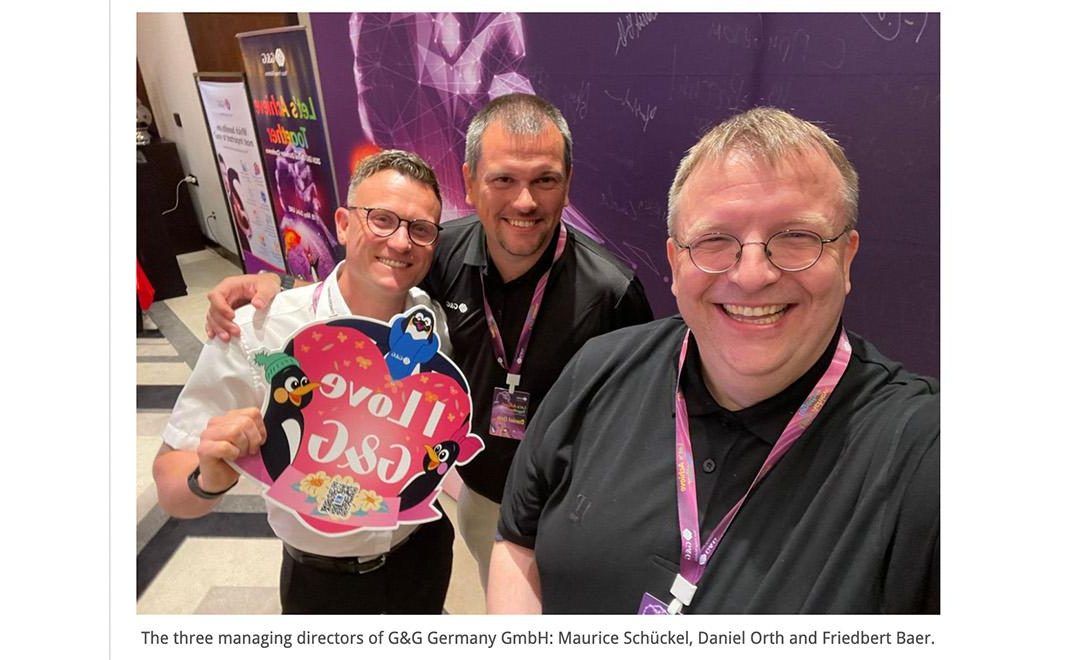
B-Stock, a B2B marketplace for trade-in and overstock mobile phones and devices, is reporting that the used phone market is currently worth $25 billion (€22.1 billion) and growing faster than the primary market.
Today, the average mobile phone will be used by two to three people before it is scrapped; as a result, the company is urging mobile providers and manufacturers to adequately protect consumer data on devices by conforming to R2 Certification.
As part of its research, B-Stock looked at trade-in rates for the iPhone X and the subsequent effect on the secondary market. Trade-ins of iPhone X models are on the rise due to customers being incentivized to trade up to an XS/XR model, as well as a higher buyback pricing for the X (a mint condition X can fetch close to $500/€443.65). Accordingly, the iPhone X has recently surpassed the iPhone 7 and 7 Plus as the most sold used model – with record levels of trade-in X devices being sold wholesale to secondary-market buyers in the US and China.
Additional exclusive B-Stock findings include:
- Since Jan 2018, iPhone X volume on B-Stock’s marketplace has increased 53 percent month over month
• Comparably: iPhone 7 Plus volume increased 9 percent month-over-month since Jan 2018
• iPhone 7 volume increased 11 percent month-over-month since Jan 2018
• Used iPhone X models are wholesaling for 55-60 percent of retail; that’s 20 percent higher than any other model in history at 14 months post launch
• iPhone X pricing for a secondary end user is around 62 percent of original/new pricing
• Large carriers are moving more devices to B2B channels for resale vs refurbishment and selling B2C
Given the rise in trade-ins, more carriers, providers, and manufacturers are moving used models to B2B channels, for example selling bulk quantities of phones directly to a reseller. To avoid risk, B-Stock is advising these companies to sell used devices to R2 Certified facilities only.
“When it comes to smart devices, a primary concern of the initial user is the safety and security of their data; consumers understandably need reassurance that details like financial and personal information will no longer be accessible from the device they are trading in,” said Sean Cleland, Vice President of Mobile for B-Stock. “When a facility becomes R2 certified, it is showing a serious commitment to consumer privacy. The certification also provides risk aversion for wireless companies that sell used devices to R2 certified facilities. Accordingly, we are urging manufacturers and retailers require their buyers be R2 certified.”
First introduced in 2008, R2 certification provides industry guidelines and best practices for the repair and recycling of electronic devices. To become R2 certified, organisations must provide audit reports that contain details on all the processes involved to prove repairs and recycling is completed ethically and securely.
Cleland added: “At B-Stock, we are keeping a close eye on the continued development of R2 certification and the impact it is making on the secondary market. With over 700 facilities holding an R2 certification, retailers are able to choose buyers who have a distinct commitment to end-user privacy.”








